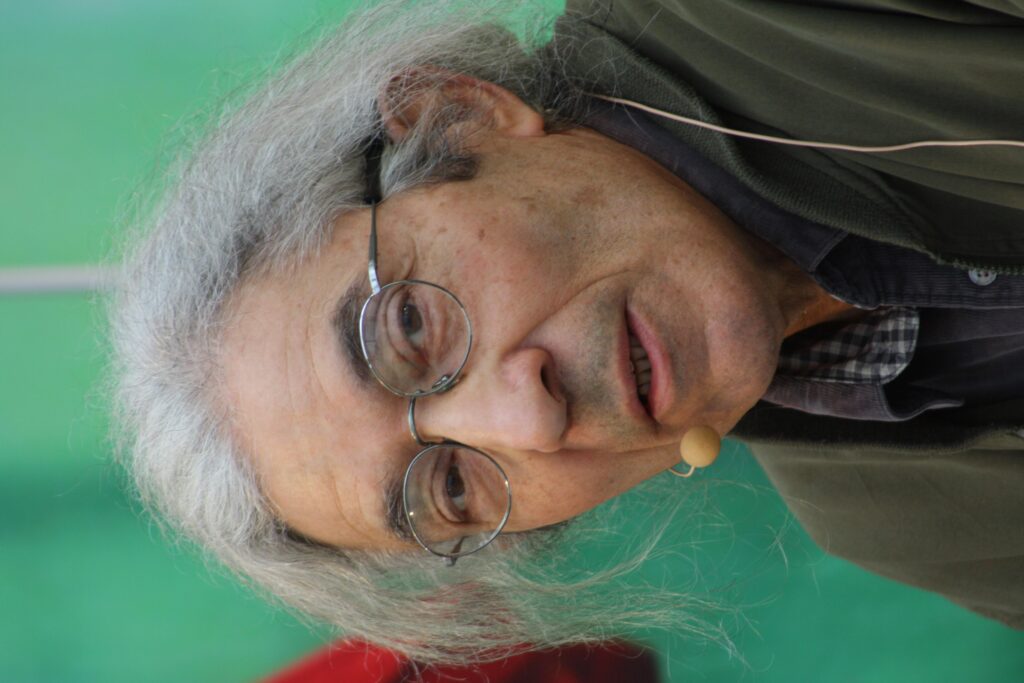Boualem Sansal’s Imprisonment: A Stark Challenge to Freedom of Expression in Algeria
In an unexpected and alarming development, Boualem Sansal, the acclaimed French-Algerian novelist renowned for his incisive critiques of political corruption and social injustice, has been sentenced to five years behind bars. This verdict has sent shockwaves through literary communities and human rights advocates worldwide, spotlighting the precarious state of free speech in Algeria. Sansal’s conviction exemplifies the increasing friction between creative voices and governmental censorship, raising urgent concerns about the fate of dissenting intellectuals in authoritarian environments.
The Charges Against Boualem Sansal: Political Repression Under the Guise of National Unity
Boualem Sansal’s recent sentencing stems from accusations that he “undermined national cohesion” by disseminating what Algerian authorities describe as “subversive ideas.” Known for his fearless exploration of political extremism and religious fundamentalism within Algerian society, Sansal’s work challenges entrenched power structures. His imprisonment is widely perceived as a deliberate attempt to silence critical perspectives that question official narratives.
This case highlights a broader pattern where governments employ vague charges like “threatening national unity” to suppress freedom of expression. The repercussions extend beyond one individual; they foster an atmosphere where writers and journalists may resort to self-censorship out of fear for their safety or livelihood.
- Heightened government oversight over artistic content
- An escalating climate of intimidation among cultural producers
- Diminished global engagement with Algerian arts due to repression fears
As international observers focus on this case, calls are mounting for coordinated action demanding Sansal’s release. Advocates emphasize that defending artistic liberty is inseparable from promoting democratic values and human rights across repressive regimes.
Cultural Reverberations: How Sansal’s Sentence Impacts Literary Expression in France and Algeria
The sentencing reverberates deeply within both French and Algerian cultural spheres—regions intrinsically linked through history yet divided by contemporary political realities. Boualem Sansal has long been a pivotal figure whose novels dissect post-colonial identity crises while confronting authoritarian tendencies head-on.
This punitive measure against him not only silences a vital voice but also sends chilling signals throughout literary circles:
- A Battle for Creative Space: Writers may increasingly hesitate before addressing sensitive topics related to governance or societal taboos.
- A Surge in Global Solidarity: International authorship communities are uniting more fervently than ever around principles protecting freedom from censorship.
- Cultural Identity at Crossroads: Literature remains essential as a platform for renegotiating collective memory and national narratives amid ongoing sociopolitical tensions.
The Global Outcry: Mobilizing Support for Artistic Rights Amid Rising Authoritarianism
The international response has been swift and resolute. Human rights organizations such as Amnesty International alongside press freedom groups like Reporters Without Borders have condemned the verdict unequivocally—labeling it an egregious assault on creative autonomy. Prominent writers worldwide have voiced solidarity with Sansal, underscoring his contributions not only as literature but also as acts of resistance against oppression.
This momentum fuels discussions about concrete measures aimed at safeguarding artists under threat globally:
- Targeted sanctions against officials responsible for censorship abuses;
- Create transnational support networks offering legal aid and safe havens;
- Promote intercultural exchange initiatives emphasizing free expression principles;
The consensus emerging among advocates stresses that art must remain an unfettered domain—a sanctuary where diverse voices can flourish without fear or restraint—potentially catalyzing systemic reforms within restrictive states over time.
Navigating Forward: Protecting Voices That Challenge Power Structures
Boualem Sansal’s imprisonment marks a troubling milestone reflecting broader struggles faced by intellectuals confronting authoritarian regimes across North Africa today. His case serves both as a warning sign about shrinking civic spaces in Algeria—and simultaneously galvanizes efforts worldwide dedicated to defending expressive freedoms wherever they are imperiled.
The unfolding situation demands vigilant international attention coupled with sustained advocacy aimed at reversing such injustices promptly. As debates surrounding censorship intensify globally, this episode compels renewed reflection on how literature intersects with activism—and how societies might better protect those who dare speak truth to power amidst adversity.
For further insights into global patterns affecting freedom movements under oppressive governments, explore parallels here .
